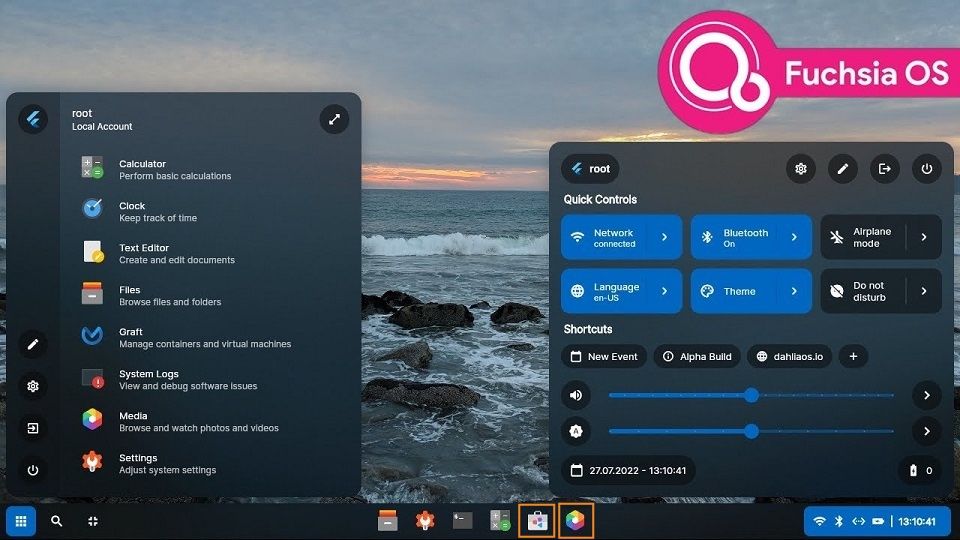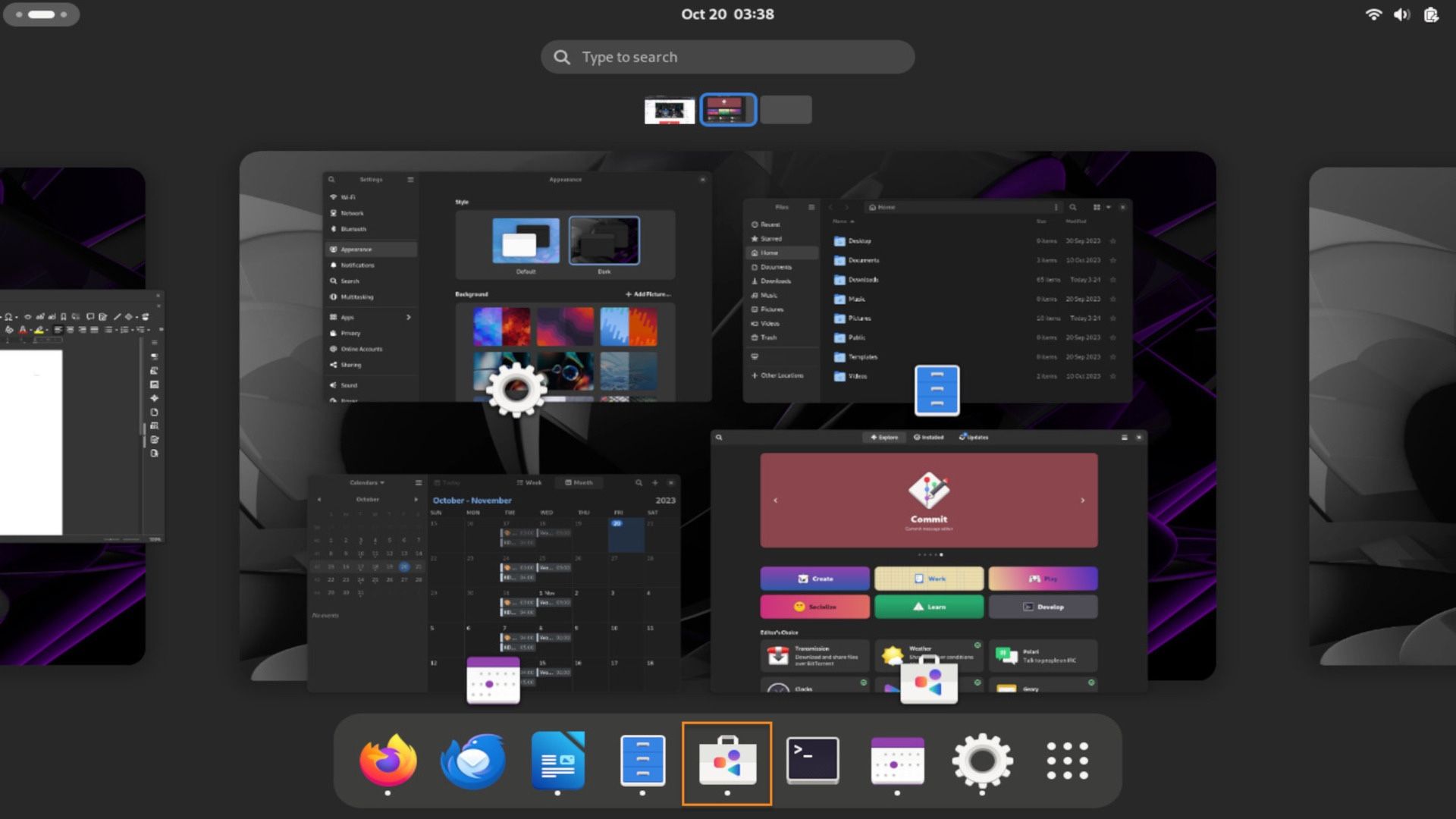If you know the size of the list up-front, use an array. That will be a tiny bit faster at runtime. Example:
let values = [1, 2, 3];
If the size of the list may change during program execution, we need to use a vector:
let values = vec![1, 2, 3];
Also, https://blog.tymek.dev/ notes there is a very practical guide to Rust here: https://google.github.io/comprehensive-rust/.
It is in written form, in contrast to the video course I mentioned earlier. If you'd rather follow a book rather than a video course, it could be a great starting point.
It turns out Google has been developing an operating system that does not depend on Linux [1]:
Fuchsia is a general-purpose open-source operating system created by Google. It is based on the Zircon microkernel written in C++ and is currently under active development.
The main repo is here: https://opensource.google/projects/fuchsia
Project main page: https://fuchsia.dev/
Overview from Wikipedia [2]:
Fuchsia is an open-source capability-based operating system developed by Google. In contrast to Google's Linux-based operating systems such as ChromeOS and Android, Fuchsia is based on a custom kernel named Zircon. It publicly debuted as a self-hosted git repository in August 2016 without any official corporate announcement. After years of development, its official product launch was in 2021 on the first-generation Google Nest Hub, replacing its original Linux-based Cast OS.
Notably, Fuchsia is largely built on Rust [3]:
Fuchsia is an open-source operating system with about 2 million lines of Rust code.
What a Fuchsia desktop looks like [4]:

Although that OS is said to be independent from Linux, one icon on the taskbar looks a lot like Darktable [5], and one to the left from it - just like the Package Manager GUI from Fedora [6]:

Does that mean Fuchsia can install Linux packages?